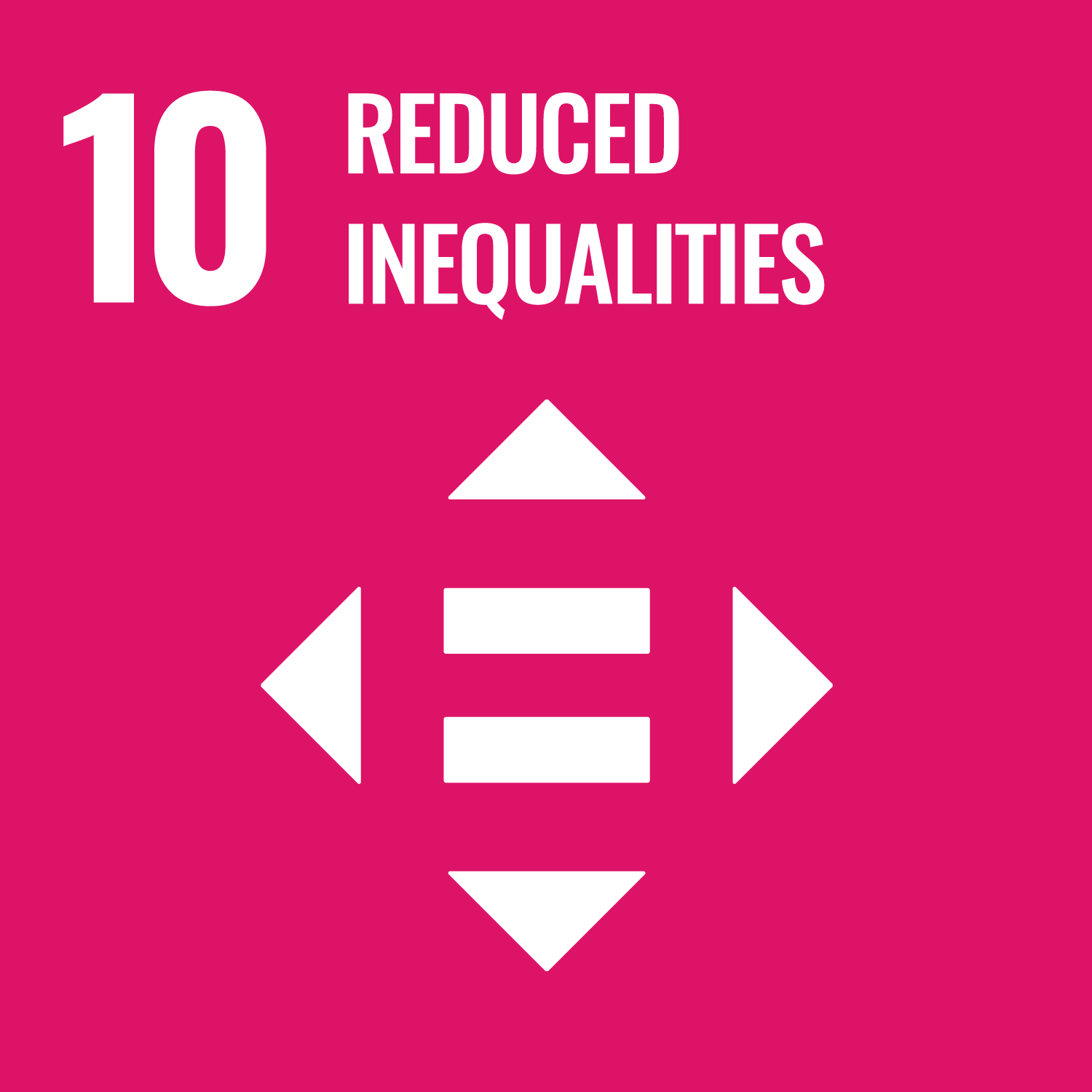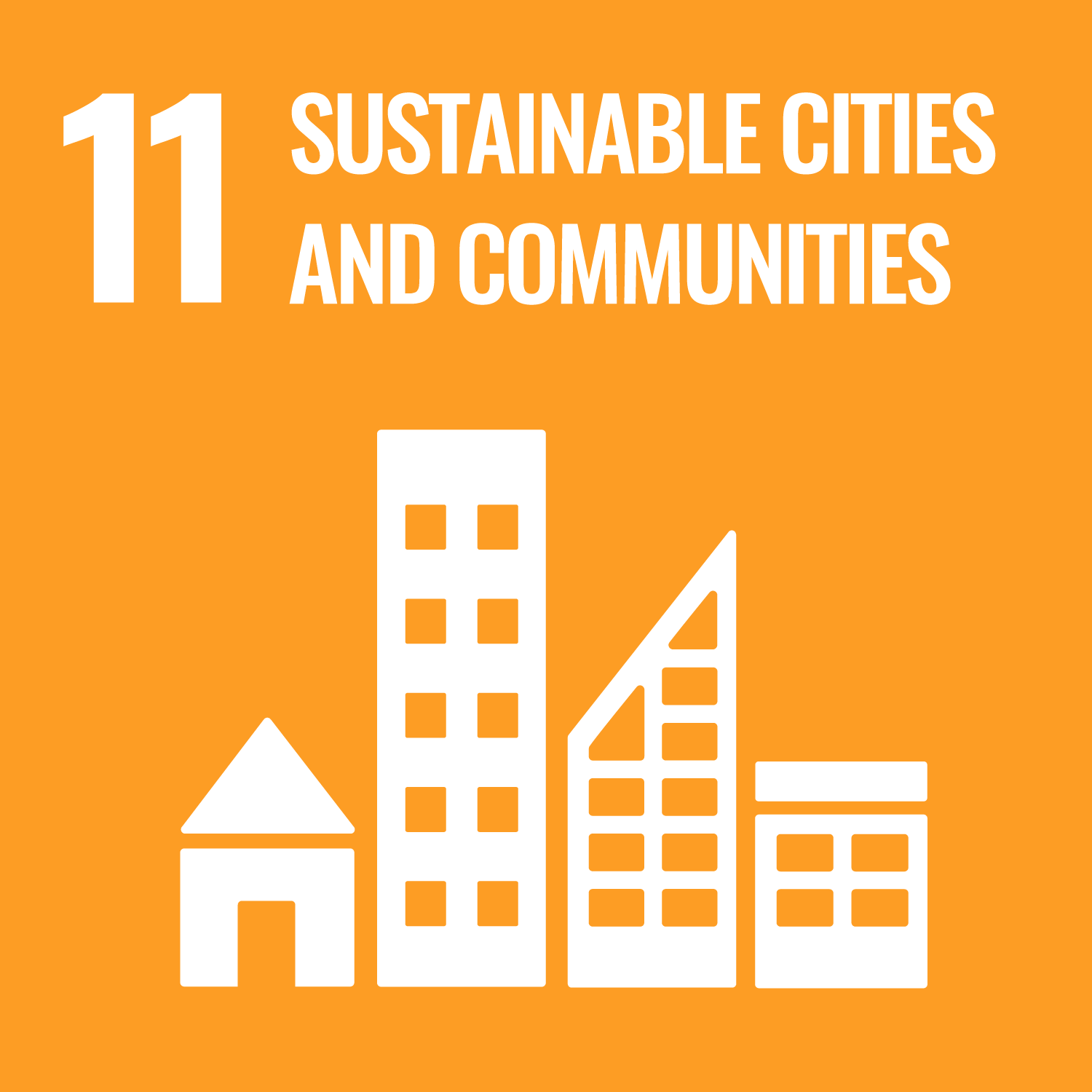Abstract
The invisibility and intangibility of energy are key challenges faced by communicators looking to reduce household energy demand. ‘Serious games’—defined as formalized, goal-oriented games designed to educate, or promote health and well-being—are one potential strategy that may help to alleviate these challenges. This paper discusses the suitability of serious gaming as an educational and behavioural change tool within the context of social housing—a faction often overlooked when it comes to household energy research. The paper takes a two-part approach. First, we review current literature on serious energy games, and second, we discuss perceptions of serious energy games amongst social housing residents using data from two surveys (Survey A, n = 536; Survey B, n = 78). Perceptions of serious energy games were found to be mixed. Some residents liked the idea of a game for energy, particularly if clear, actionable solutions for reducing energy bills were provided. However, others were disinterested, due to existing time pressures, negative perceptions of gaming, and limited confidence using computers or tablets. As such, uptake may be met with challenges. The findings highlight the need for interdisciplinary collaborations and user-led approaches for the design of successful and engaging serious energy games.
DOI Link
Publication Date
2018-05-25
Publication Title
SUSTAINABILITY
Volume
10
Issue
6
Acceptance Date
2018-05-23
Embargo Period
2019-11-27
Keywords
household energy use, public perceptions, serious gaming, social housing
First Page
1
Last Page
18
Recommended Citation
Boomsma, C., Hafner, R., Pahl, S., Jones, R., & Fuertes, A. (2018) 'Should We Play Games Where Energy Is Concerned? Perceptions of Serious Gaming as a Technology to Motivate Energy Behaviour Change among Social Housing Residents', SUSTAINABILITY, 10(6), pp. 1-18. Available at: 10.3390/su10061729



